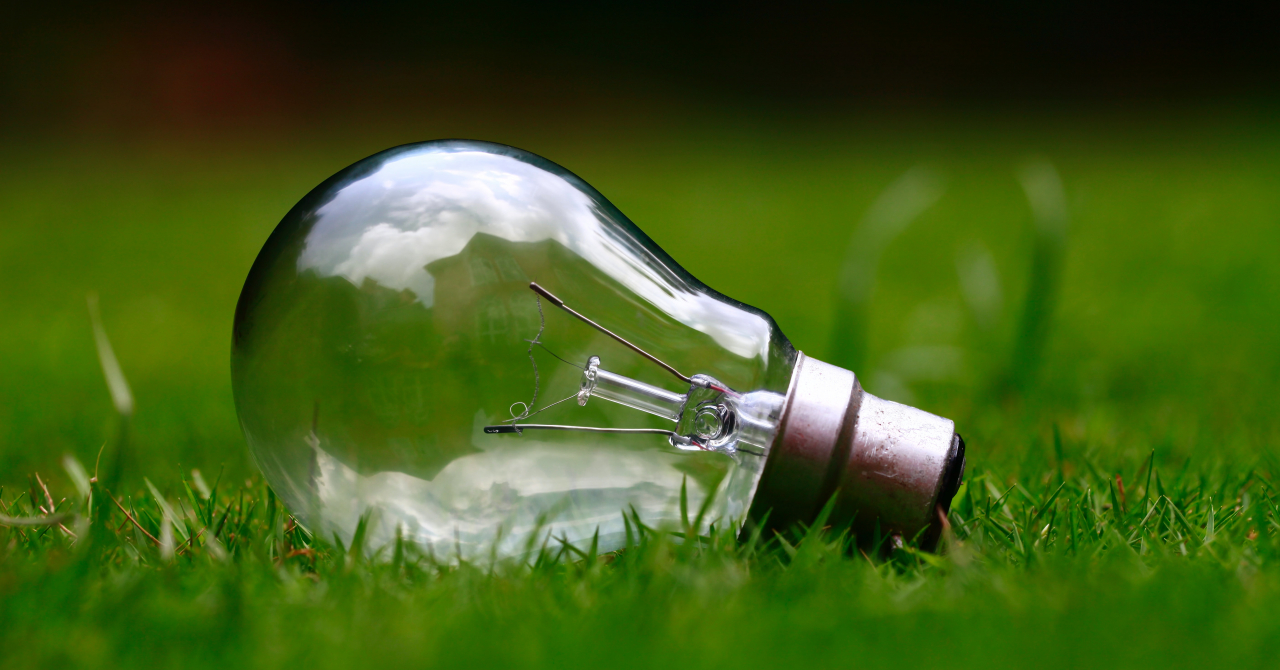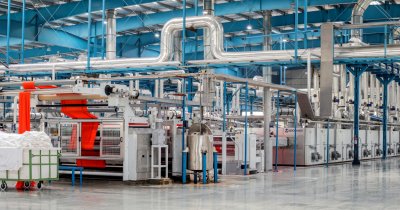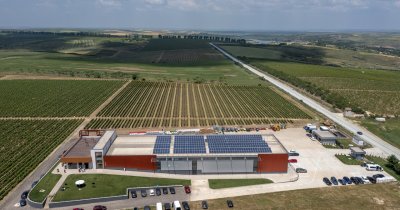The United Nations define sustainability as "meeting the needs of the present without compromising the ability of future generations to meet their own needs."
Starting from this definition, a sustainable energy sector is one that will give us our energy requirements while also offering future generations that same self-sufficiency, without fear of running out of resources.
So essentially, sustainable energy sources can be defined as being inexhaustible.
Energy sources of a sustainable energy industry
The most commonly known sustainable energy sources are solar power, hydro power and wind power and they are the most widespread around the world.
Sunlight, wind and water are resources that aren't likely to run out any time soon. This is why a lot of countries that want to switch to greener energy sources adopt them, as they are often times easier and cheaper to implement and are also able to produce power fairly consistently.

Alongside those, there is also tidal energy and geothermal energy, which can't be easily implemented everywhere, because they depend a lot on the location and natural resources.
Also, geothermal energy might not be able to always regenerate itself as fast as needed, which is why some geothermal plants resort to artificially stimulating geothermal energy resources in order to make them last longer.
Biomass is a type of energy source that is considered to be renewable, however, it isn't exactly sustainable, since it doesn't replenish itself like the other energy resources, and it's mostly coming from human activity or the exploitation of resources that can run out.
Sustainable energy at home
For now, one of the most efficient, space and cost-effective ways to produce sustainable energy at home is through the use of solar panels.
While this method is highly dependent on your location, solar panels can help you produce most, if not all of your energy requirement, which can help you achieve energy independence.

If you live in a sunny area and especially in the country side or in an area with plenty of unshaded space, you might want to consider the implementation of solar panels.
Energy efficiency, a key aspect in sustainable energy
One of the best ways to maximize sustainability in the energy sector is to mix these resources up as much as possible.
Since not all countries have access to all of these resources, each must find the best sources that would generate the most power.
Some countries might have more sunlight throughout the year, while others might have big rivers flowing through them or access to seaside, which can host tidal plants or even wind farms.
Improving energy efficiency can be done at home and at a business as well, firstly by using only the amount of energy that you need, in order to minimize waste.
Then, it is important to use efficient electronics and appliances, which can not only save you on your next bills, but also save the environment as well, since they require less power to deliver the same or better performance.
Efficient electronics are fairly affordable these days, so even if you don't have the largest budget, you should be able to easily find ways to become more sustainable with energy use.
Replacing old, incandescent light bulbs with LED ones is also a huge upgrade, since not only do they require way less power compared to old bulbs (1/10th the power), but they are also brighter.
What's more, LED bulbs last longer as well, further contributing to sustainability.

The benefits of sustainable energy
Sustainable energy has personal and collective benefits, since it not only can help us decrease our power consumption, thus lowering our bills and putting less stress on the public power system, but is also improves public health.
By burning fossil fuels, energy companies output a lot of greenhouse gas emissions, whereas if they were to use renewable and sustainable energy sources, they would produce the required energy for the population without having a negative environmental footprint.
Adopting renewable energy, such as solar, wind or tidal power, enables the creation of new jobs, since these sources must be built locally or relatively close to the point where they need to provide energy.
Sustainable energy also allows for energy security, since it implies that we will use sources that are virtually inexhaustible, which means that we shouldn't worry about running out of energy.
If we couple these resources with energy storage equipment, such as batteries, the chances of power outages will decrease significantly.
How sustainable energy will shape a better future
Sustainability in the energy sector plays a major role for the future of human civilization, as it will be an important helper when it comes to decreasing our environmental footprint and repairing some of the damage that we dealt with our activity.
With the increasing concern of global warming and how to limit the amounts of emissions that are being released, energy sustainability must be one of our top priorities in order to avoid climate disasters.
Since sustainable energy produces close to no heating emissions, we can count on these resources when it comes to caring for the environment and providing us the necessary power in order to progress.
Coupled with the advancements of energy efficiency of our electronics and appliances, sustainability will eventually become a part of the energy sector.
 Mihai - Cristian Ioniță
Mihai - Cristian Ioniță












Any thoughts?